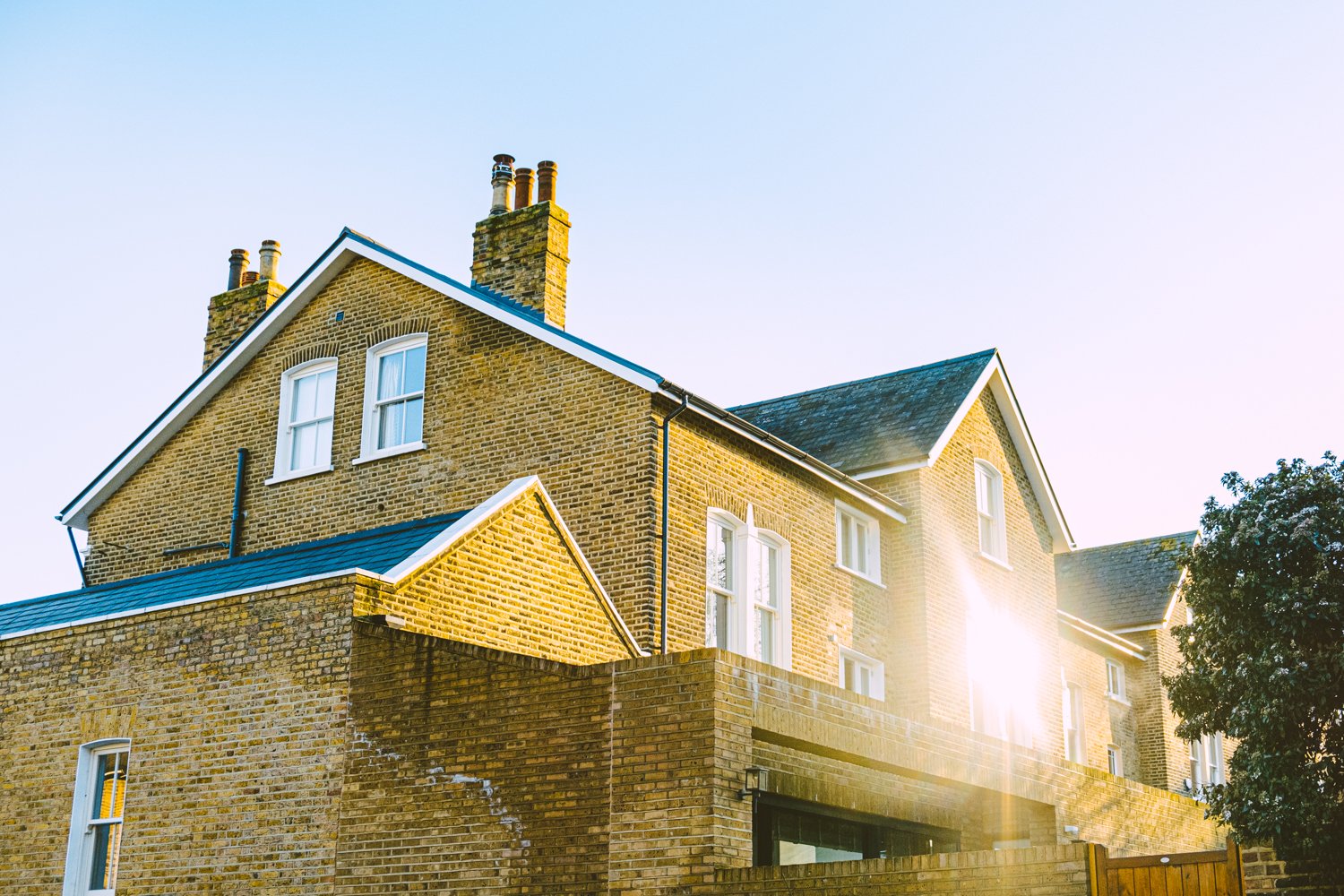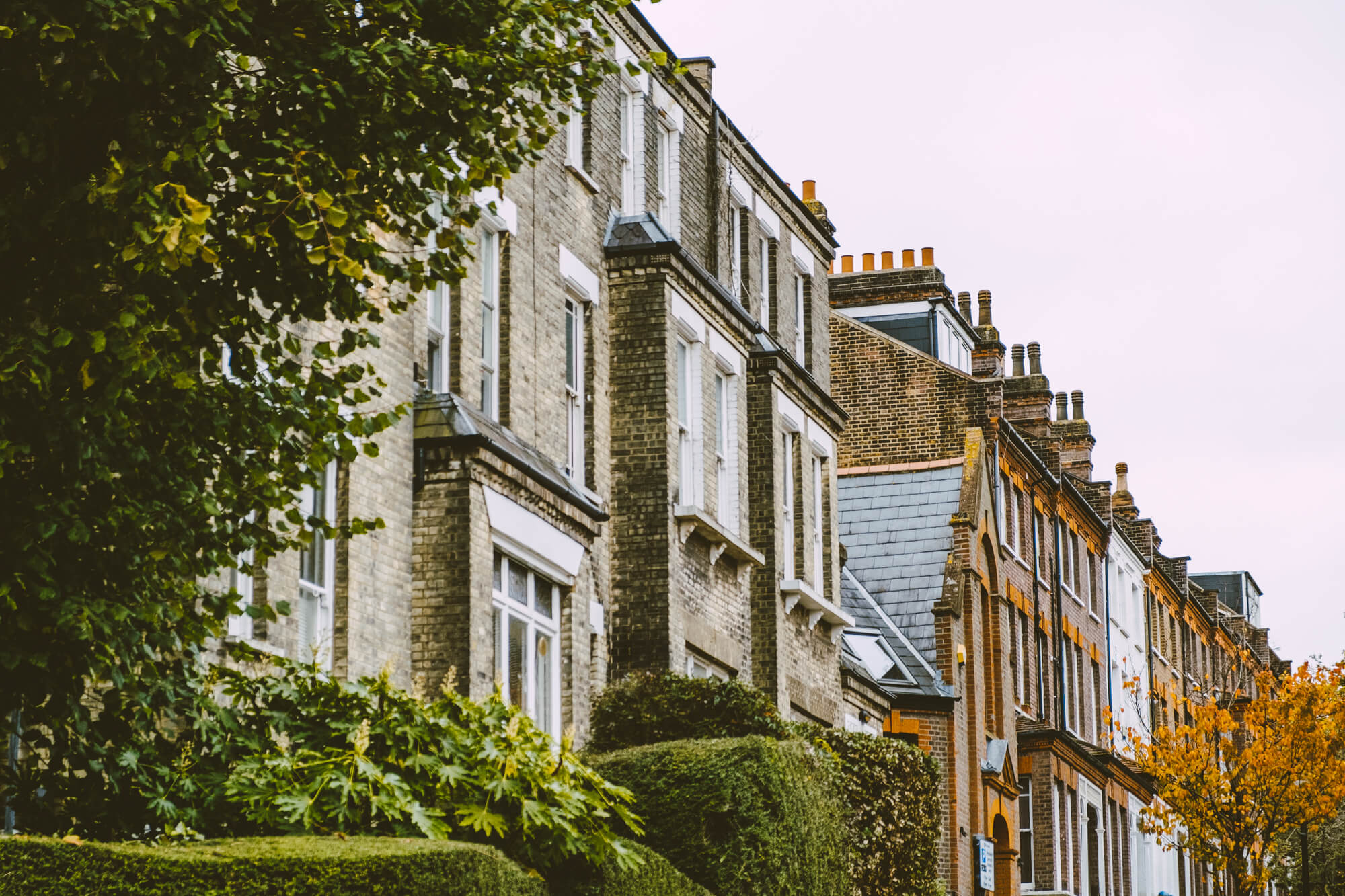Days
Hours
Minutes
Seconds
May 1 2026 - Renters' Right Act Commencement Day
You have 0 days to:
Serve any final Section 21 notices
Stop accepting above-asking rent offers
Prepare for the rental bidding ban
Remove “No DSS” from adverts
Remove “No Children” from listings
Show one clear rent price
Stop using fixed-term agreements
Switch to periodic tenancy templates
Check which tenancies go periodic
Stop taking rent before signing
Take no more than one month’s rent
Move all evictions to Section 8
Train staff on new notice rules
Create Section 13 process flow
Add two months to rent reviews
File court claims for Section 21s
Update landlord move-in grounds
Update landlord selling grounds
Send the RRA Information Sheet
Create written terms where missing
Update How to Rent processes
Review tenant screening questions
Update pet request processes
Stop backdating rent increases
Discuss rent protection backbooks
Act now before it is too late...
What negative interest rates could mean for your landlords
The Bank of England is currently considering the introduction of negative interest rates, to stimulate the economy and encourage more spending. So what would this mean for your landlords - and will their mortgages be free?
Suzy Lycett
Feb 24, 2021
In response to the Covid-19 pandemic, the Bank of England has advised High Street lenders to start preparing for negative interest rates. It looks unlikely that your landlords' mortgages will be free, or that they'll be paid to borrow the money, in this situation, but some mortgage interest rates have space to drop further.
Lowering the base interest rate to below zero intends to push people to invest more, as it becomes cheaper to borrow, boosting the economy and encouraging higher prices. There is precedence in other countries for negative interest rates on mortgages. The Guardian highlights that mortgages with interest rates at -0.5% went on sale in 2020 with Jyske Bank in Denmark, so the sum the borrowers owed "fell each month by more than the sum they had repaid".
However, even for tracker or variable mortgages, there is often a limit to how far rates will dip. Private banks can choose how and if they pass on a negative rate policy as dictated by the Bank of England. Knight Frank's research shows that "many banks have a floor below which they won't drop rates, regardless of the base rate moving negative. The mechanism for preventing this varies from lender to lender, so check your contract." For example, Santander has outlined that the lowest rate it would charge on some mortgages is 0.0001%.
The Independent also predicts that banks are "unlikely to give a rebate on existing borrowers’ mortgages". This is of course the downside of fixed-rate mortgages - once you've set that mortgage at a higher rate, you won't be able to make the most of any dips in interest rates.
Conversely, for new investors, or for fixed-term contracts coming to an end, this could still mean a new opportunity. The Guardian says that fixed-rate mortgages "are getting cheaper and may continue to fall in price." It highlights HSBC and Barclays as examples of established lenders who reduced their fixed-rates when the rate originally dipped to 0.1%.
Which? says that: "it’s important to be on the ball and switch to a cheaper deal before the end of your fixed term. At times when the base rate is low, it can pay to fix your mortgage to guard against upcoming rises."
Demand and supply
The Bank of England emphasises that the aim of low interest rates is to lower the cost of borrowing so more people "are able to afford to borrow to buy a house" - good news for investors.
This also means that banks are more likely to increase the number of transactions they approve. Banks borrow funds from the Bank of England's central reserve to then lend out. Negative interest rates means it will become expensive for them to hold onto that money - so they'll aim to increase their lending to push their costs down, according to Knight Frank.
This will positively "increase liquidity in the housing market as a whole" and affect housing prices. Demand is high for housing, but residential properties are in short supply, especially in more rural areas of the country. In the East of England, BBC Politics East says that 420,000 homes will need to be built in this area over the next 10 years, just to meet demand.
In the event of negative interest rates, the market will adapt around this high demand, lack of stock, and strong number of transactions, pushing property prices up.
Want the latest lettings new delivered straight to your inbox every week? Sign up to our mailing list and stay up to date.






